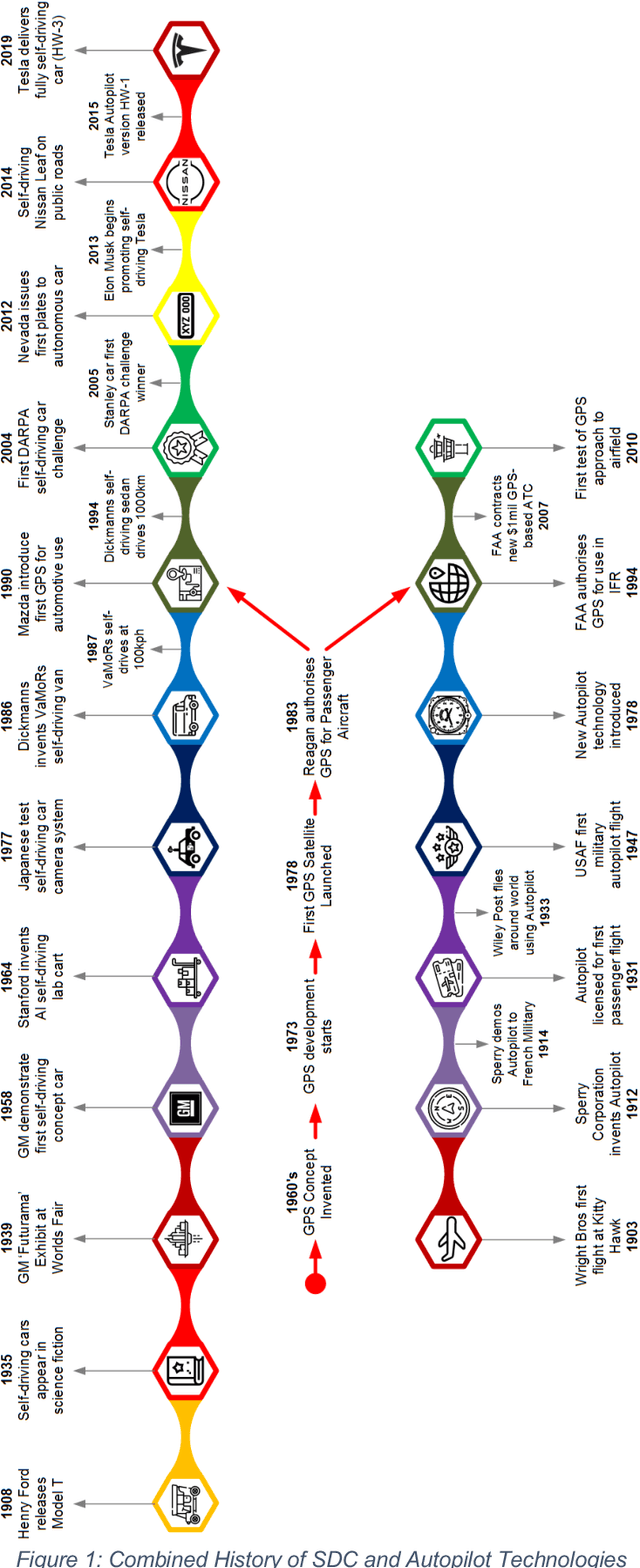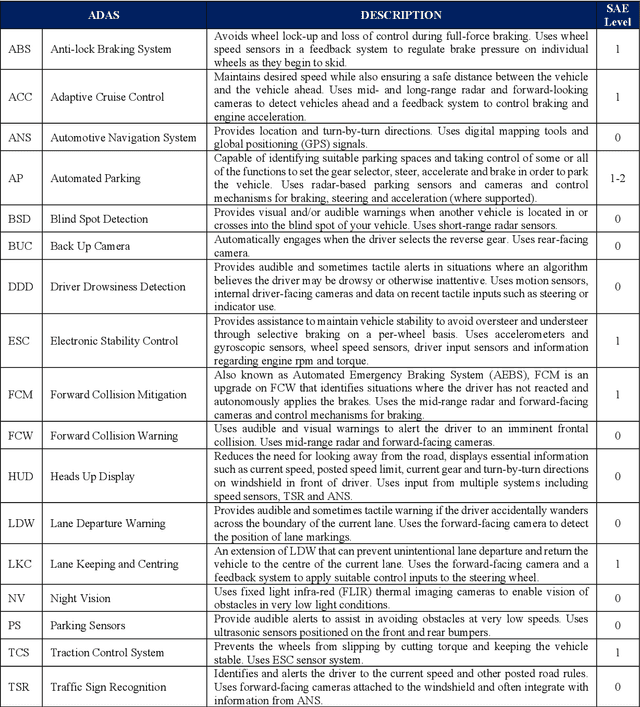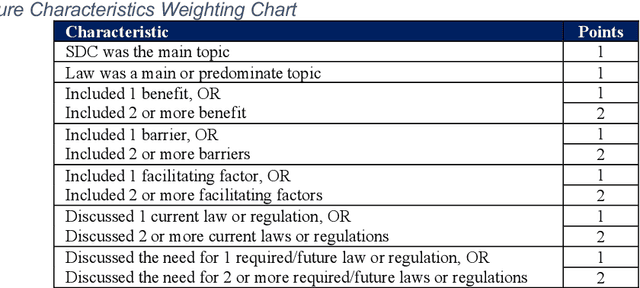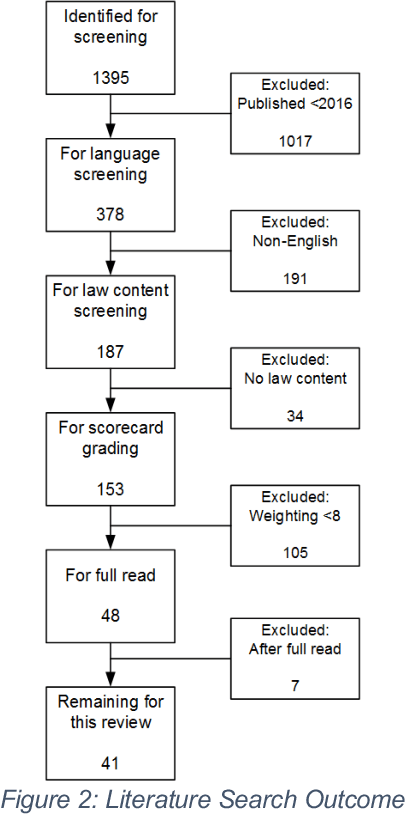Burkhard Schafer
Cross-Border Legal Adaptation of Autonomous Vehicle Design based on Logic and Non-monotonic Reasoning
Jul 30, 2025Abstract:This paper focuses on the legal compliance challenges of autonomous vehicles in a transnational context. We choose the perspective of designers and try to provide supporting legal reasoning in the design process. Based on argumentation theory, we introduce a logic to represent the basic properties of argument-based practical (normative) reasoning, combined with partial order sets of natural numbers to express priority. Finally, through case analysis of legal texts, we show how the reasoning system we provide can help designers to adapt their design solutions more flexibly in the cross-border application of autonomous vehicles and to more easily understand the legal implications of their decisions.
The Self-Driving Car: Crossroads at the Bleeding Edge of Artificial Intelligence and Law
Feb 06, 2022



Abstract:Artificial intelligence (AI) features are increasingly being embedded in cars and are central to the operation of self-driving cars (SDC). There is little or no effort expended towards understanding and assessing the broad legal and regulatory impact of the decisions made by AI in cars. A comprehensive literature review was conducted to determine the perceived barriers, benefits and facilitating factors of SDC in order to help us understand the suitability and limitations of existing and proposed law and regulation. (1) existing and proposed laws are largely based on claimed benefits of SDV that are still mostly speculative and untested; (2) while publicly presented as issues of assigning blame and identifying who pays where the SDC is involved in an accident, the barriers broadly intersect with almost every area of society, laws and regulations; and (3) new law and regulation are most frequently identified as the primary factor for enabling SDC. Research on assessing the impact of AI in SDC needs to be broadened beyond negligence and liability to encompass barriers, benefits and facilitating factors identified in this paper. Results of this paper are significant in that they point to the need for deeper comprehension of the broad impact of all existing law and regulations on the introduction of SDC technology, with a focus on identifying only those areas truly requiring ongoing legislative attention.
 Add to Chrome
Add to Chrome Add to Firefox
Add to Firefox Add to Edge
Add to Edge